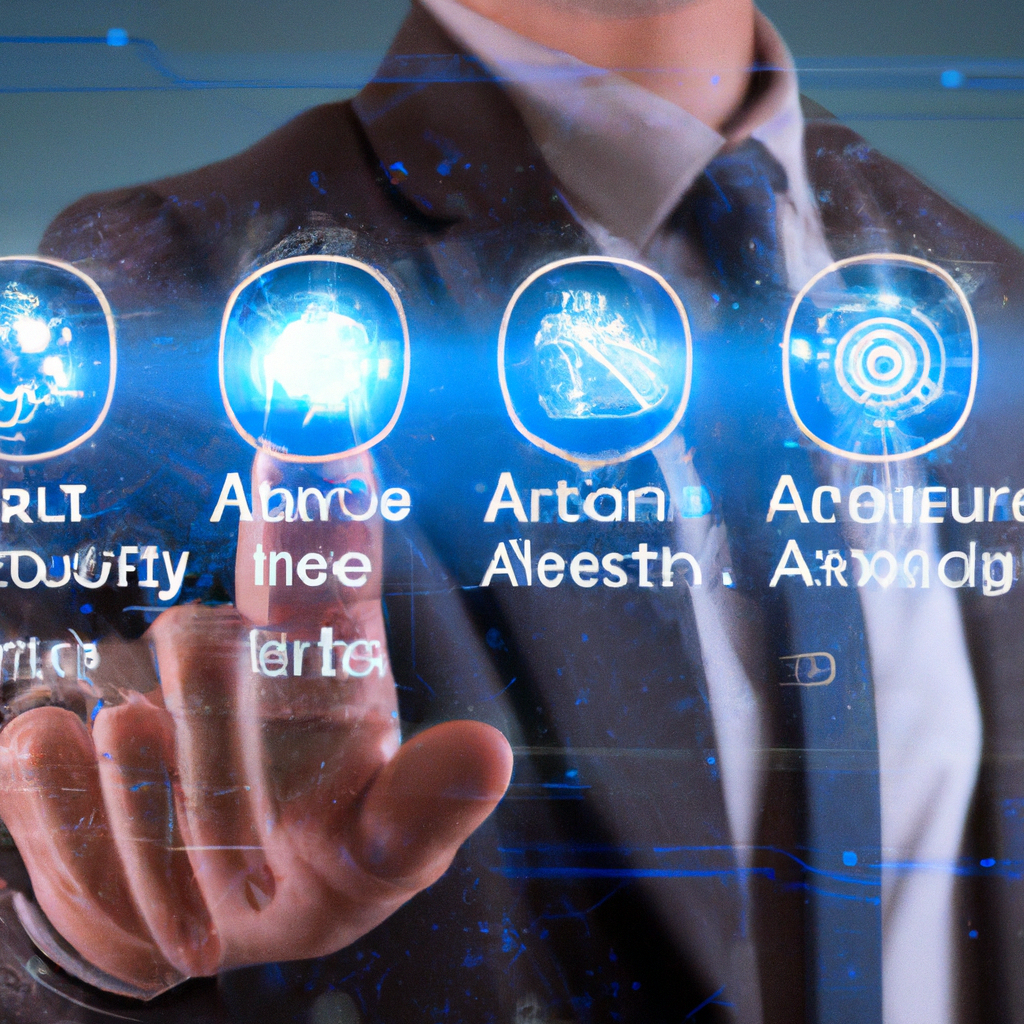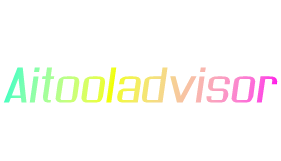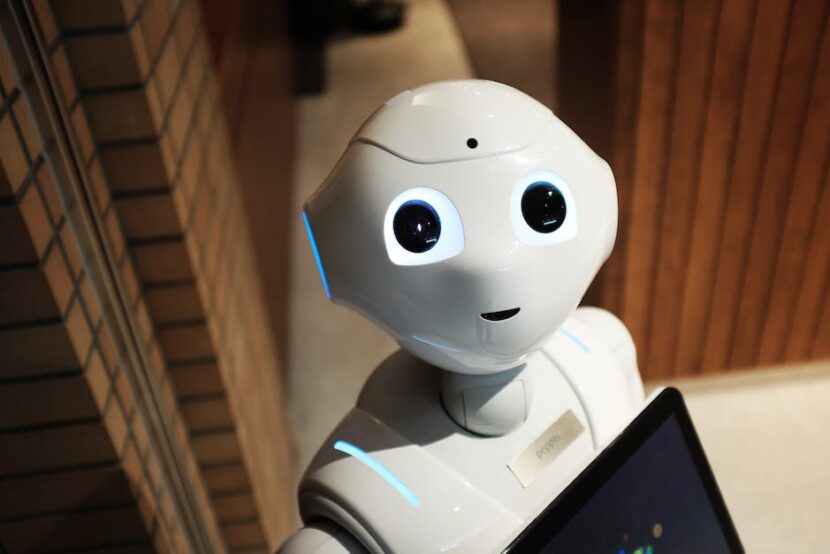-
Table of Contents
- Introduction
- How AI is Transforming the Future of Work: Benefits and Risks
- The Impact of AI on Job Automation and the Future of Employment
- Exploring the Ethical Implications of AI in the Workplace
- The Role of AI in Enhancing Employee Productivity and Efficiency
- Preparing for the Future of Work: Strategies for Adapting to AI-Driven Workplaces
- Conclusion
“Unlock the Future of Work with AI: Embrace the Opportunities and Prepare for the Challenges.”
Introduction
The future of work is rapidly changing due to the emergence of artificial intelligence (AI). AI is transforming the way we work, from automating mundane tasks to providing insights that can help us make better decisions. AI is also creating new opportunities for businesses to increase efficiency and productivity, while also creating new challenges for workers. This article will explore the opportunities and challenges that AI presents for the future of work, and how businesses and workers can best prepare for the changes ahead.
How AI is Transforming the Future of Work: Benefits and Risks
The future of work is changing rapidly, and Artificial Intelligence (AI) is playing a major role in this transformation. AI is being used to automate processes, improve decision-making, and increase efficiency. While these advances can bring many benefits, there are also risks that need to be considered.
The potential benefits of AI in the workplace are numerous. AI can automate mundane tasks, freeing up employees to focus on more complex and creative tasks. AI can also be used to improve decision-making, as it can analyze large amounts of data quickly and accurately. This can help organizations make better decisions and increase efficiency. AI can also be used to improve customer service, as it can provide personalized experiences and respond quickly to customer inquiries.
However, there are also risks associated with AI in the workplace. AI can lead to job losses, as it can automate processes that were previously done by humans. This could lead to a decrease in wages and job security. Additionally, AI can be biased, as it is only as good as the data it is given. If the data is biased, then the AI will be too. This could lead to unfair decisions and outcomes.
Overall, AI has the potential to transform the future of work in many positive ways. However, it is important to consider the potential risks and ensure that appropriate measures are taken to mitigate them. By doing so, organizations can ensure that they are taking advantage of the benefits of AI while minimizing the risks.
The Impact of AI on Job Automation and the Future of Employment
The impact of artificial intelligence (AI) on job automation and the future of employment is a hot topic of discussion. AI is a rapidly growing field of technology that has the potential to revolutionize the way we work and live. AI is already being used in many industries, from healthcare to finance, and its potential to automate jobs is a major concern for many people.
AI has the potential to automate many jobs that are currently done by humans. This could lead to a decrease in the number of jobs available, as machines are able to do the same tasks more quickly and efficiently than humans. This could have a significant impact on the labor market, as fewer people would be needed to do the same amount of work.
However, it is important to note that AI is not just about replacing humans with machines. AI can also be used to augment human capabilities, allowing us to do more with less effort. For example, AI can be used to automate mundane tasks, freeing up time for more creative and meaningful work. AI can also be used to analyze large amounts of data, allowing us to make better decisions and gain insights that would otherwise be impossible.
The impact of AI on job automation and the future of employment is still uncertain. It is likely that some jobs will be automated, while others will be augmented by AI. It is also possible that new jobs will be created as a result of AI, as the technology opens up new possibilities for businesses.
Ultimately, the impact of AI on job automation and the future of employment will depend on how it is used. If used responsibly, AI can be a powerful tool that can help us to do more with less effort and create new opportunities for employment. However, if used irresponsibly, AI could lead to job losses and a decrease in the quality of work. It is important that we use AI responsibly and ensure that it is used to benefit both businesses and workers.
Exploring the Ethical Implications of AI in the Workplace
AI is becoming increasingly prevalent in the workplace, and with this comes a range of ethical implications that need to be considered. As AI technology continues to evolve, it is important to understand the ethical implications of its use in the workplace.
First and foremost, it is important to consider the potential for AI to replace human labor. AI can be used to automate certain tasks, which can lead to job losses. This raises ethical questions about the impact of AI on employment and the potential for AI to displace human labor. It is important to consider the potential implications of AI on employment and to ensure that any potential job losses are addressed in a fair and ethical manner.
Another ethical issue to consider is the potential for AI to be used to discriminate against certain groups of people. AI algorithms can be used to make decisions about hiring, promotion, and other workplace decisions. If these algorithms are not designed and implemented in an ethical manner, they can lead to discrimination against certain groups of people. It is important to ensure that any AI algorithms used in the workplace are designed and implemented in a way that does not lead to discrimination.
Finally, it is important to consider the potential for AI to be used to monitor employees. AI can be used to track employee performance and behavior, which can lead to ethical issues such as privacy violations and the potential for AI to be used to unfairly monitor employees. It is important to ensure that any AI used to monitor employees is done in a way that respects their privacy and does not lead to unfair monitoring.
In conclusion, AI is becoming increasingly prevalent in the workplace and it is important to consider the ethical implications of its use. It is important to consider the potential for AI to replace human labor, to be used to discriminate against certain groups of people, and to be used to monitor employees. By understanding the ethical implications of AI in the workplace, we can ensure that AI is used in an ethical and responsible manner.
The Role of AI in Enhancing Employee Productivity and Efficiency
AI is quickly becoming an integral part of the modern workplace, and it’s no surprise why. AI can help enhance employee productivity and efficiency in a variety of ways.
First, AI can help automate mundane tasks. By taking over the more tedious aspects of a job, AI can free up employees to focus on more important tasks. This can help employees be more productive and efficient in their work.
Second, AI can help with data analysis. AI can quickly and accurately analyze large amounts of data, which can help employees make better decisions. AI can also help identify trends and patterns in data that may not be obvious to the human eye.
Third, AI can help with customer service. AI-powered chatbots can help answer customer inquiries quickly and accurately. This can help employees focus on more complex customer service tasks, while the chatbot handles the simpler ones.
Finally, AI can help with predictive analytics. AI can help predict customer behavior and trends, which can help employees make better decisions.
Overall, AI can be a powerful tool for enhancing employee productivity and efficiency. By automating mundane tasks, analyzing data, providing customer service, and predicting customer behavior, AI can help employees be more productive and efficient in their work.
Preparing for the Future of Work: Strategies for Adapting to AI-Driven Workplaces
As the world of work continues to evolve, it’s important to be prepared for the future of work, which is increasingly being driven by artificial intelligence (AI). AI is transforming the way we work, and it’s important to be prepared for the changes it will bring. Here are some strategies for adapting to AI-driven workplaces:
1. Embrace the Change: AI is here to stay, so it’s important to embrace the change and learn how to work with it. Take the time to understand how AI works and how it can be used to improve your work.
2. Develop New Skills: AI is changing the skills employers are looking for. To stay competitive, it’s important to develop new skills that are in demand. This could include learning how to use AI tools, coding, or data analysis.
3. Automate Tasks: AI can help automate mundane tasks, freeing up time for more creative and meaningful work. Take the time to identify tasks that can be automated and look for ways to use AI to streamline your workflow.
4. Leverage AI Tools: AI tools can help you work smarter and faster. Look for ways to leverage AI tools to improve your productivity and efficiency.
5. Stay Up-to-Date: AI is constantly evolving, so it’s important to stay up-to-date on the latest developments. Take the time to read industry news and attend conferences to stay informed.
By following these strategies, you can prepare for the future of work and ensure you’re ready for the changes AI will bring. With the right preparation, you can make the most of the opportunities AI presents and stay ahead of the competition.
Conclusion
AI has the potential to revolutionize the way we work, but it also presents a number of challenges. AI can automate mundane tasks, freeing up workers to focus on more creative and meaningful work. However, it can also lead to job displacement and increased inequality. To ensure that AI is used responsibly and ethically, it is important to develop policies and regulations that protect workers and ensure that the benefits of AI are shared equitably. With the right policies in place, AI can be a powerful tool for creating a more productive and equitable future of work.





